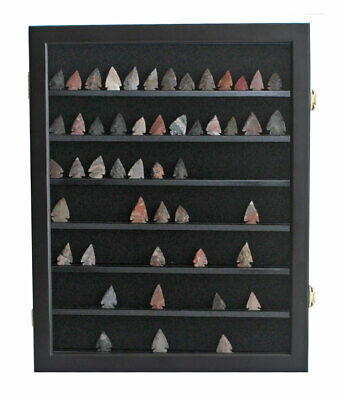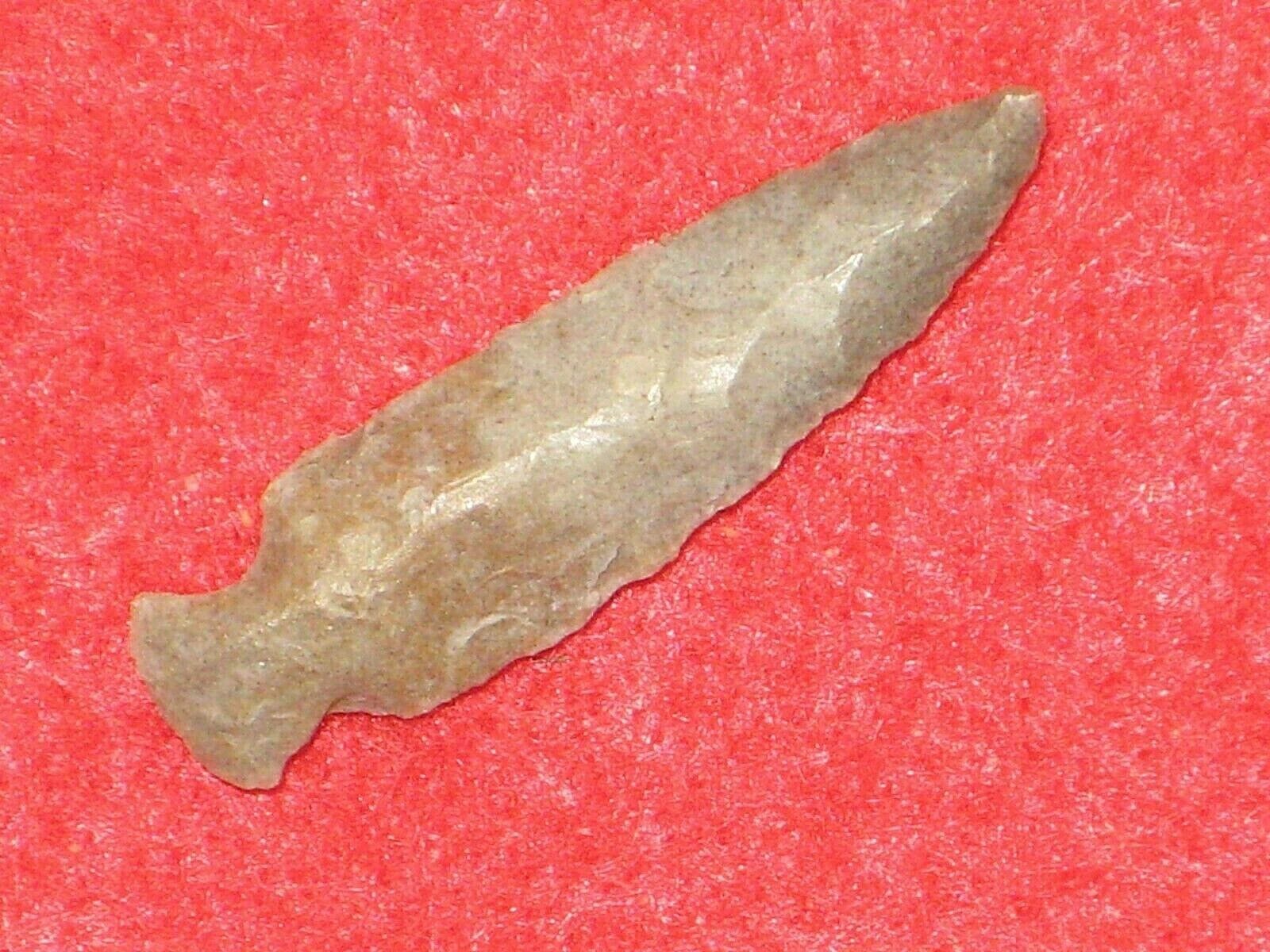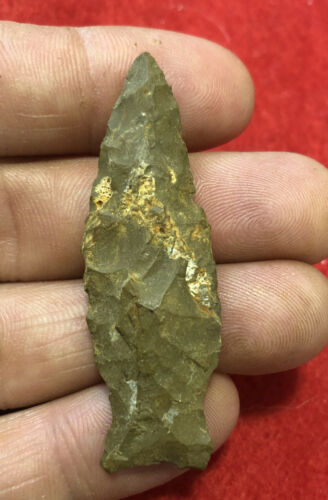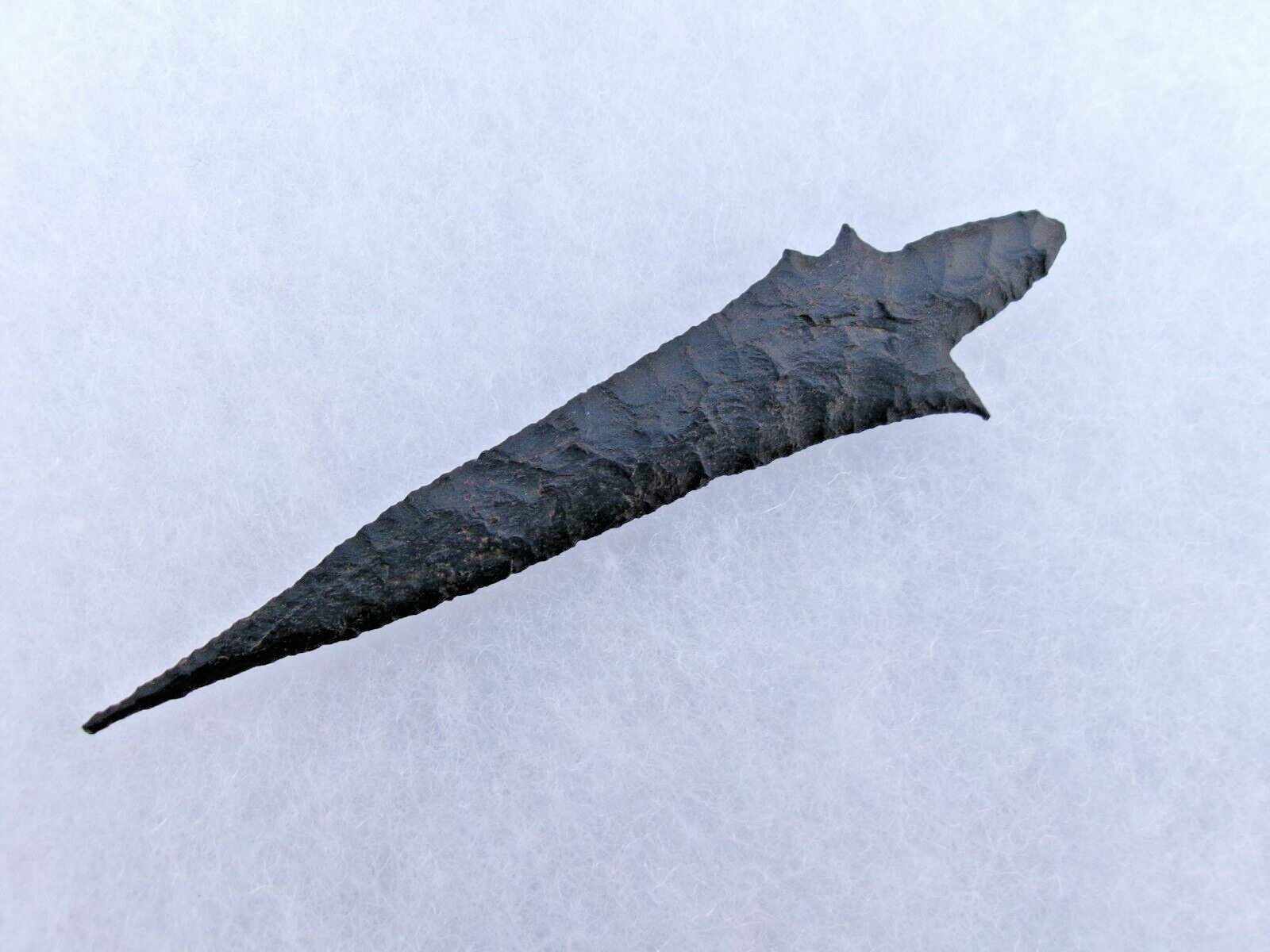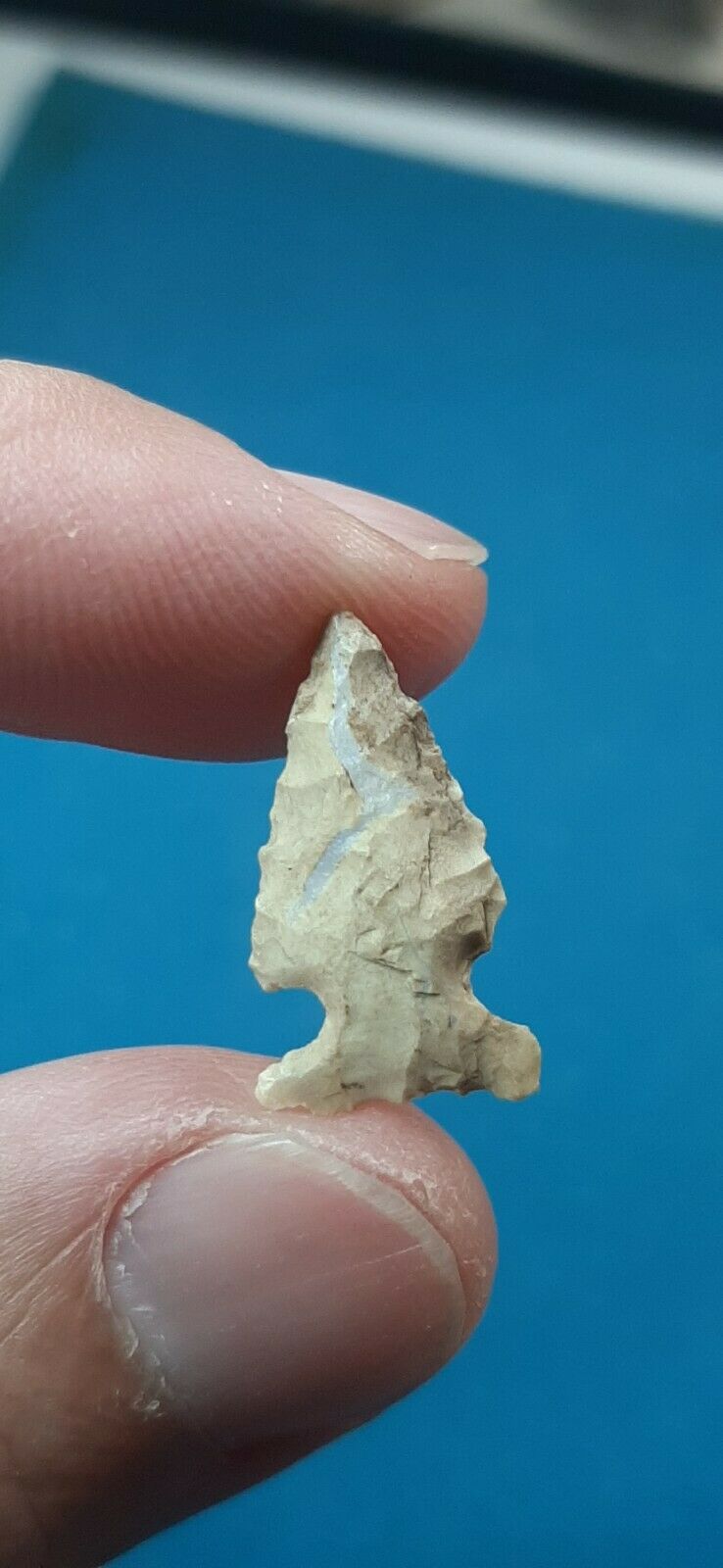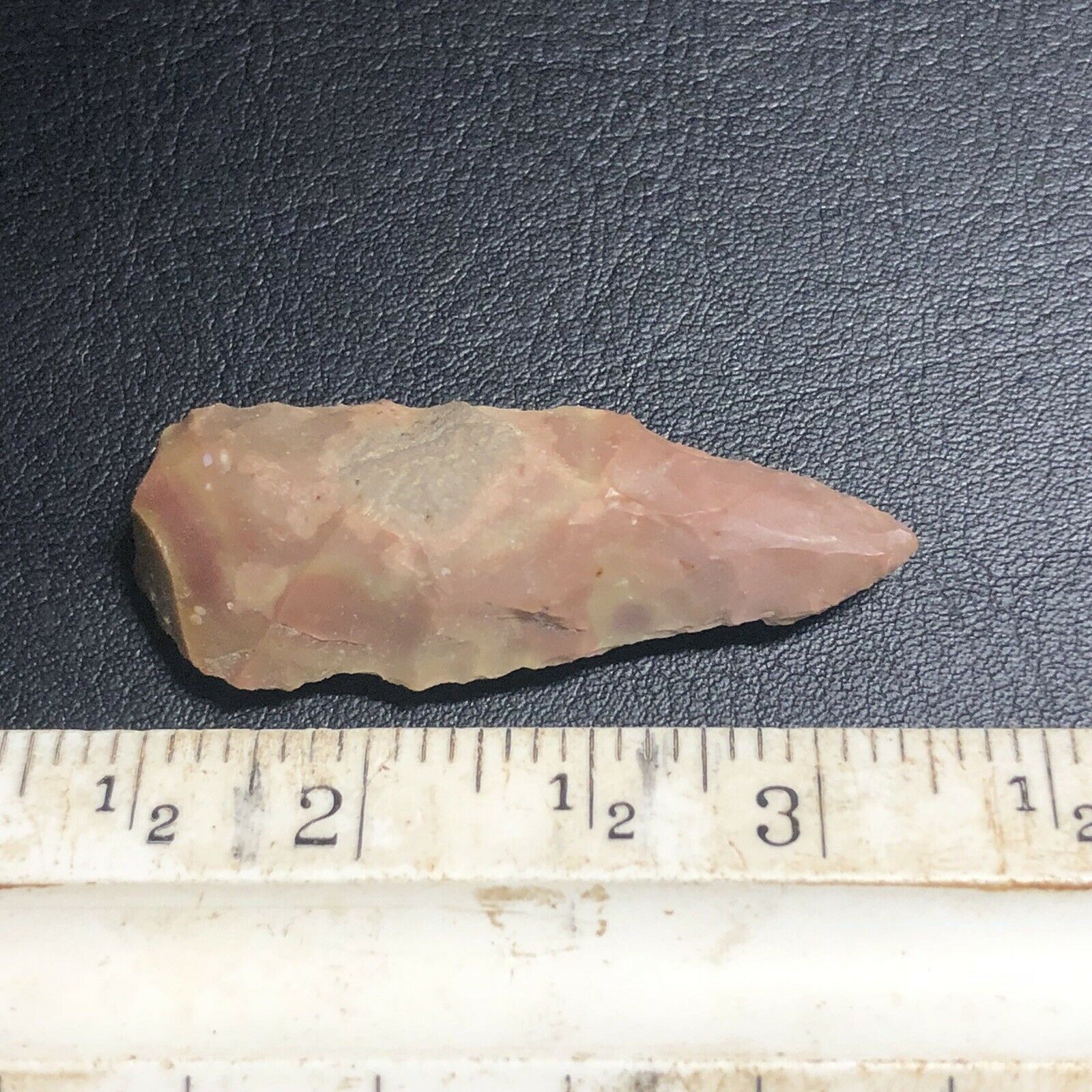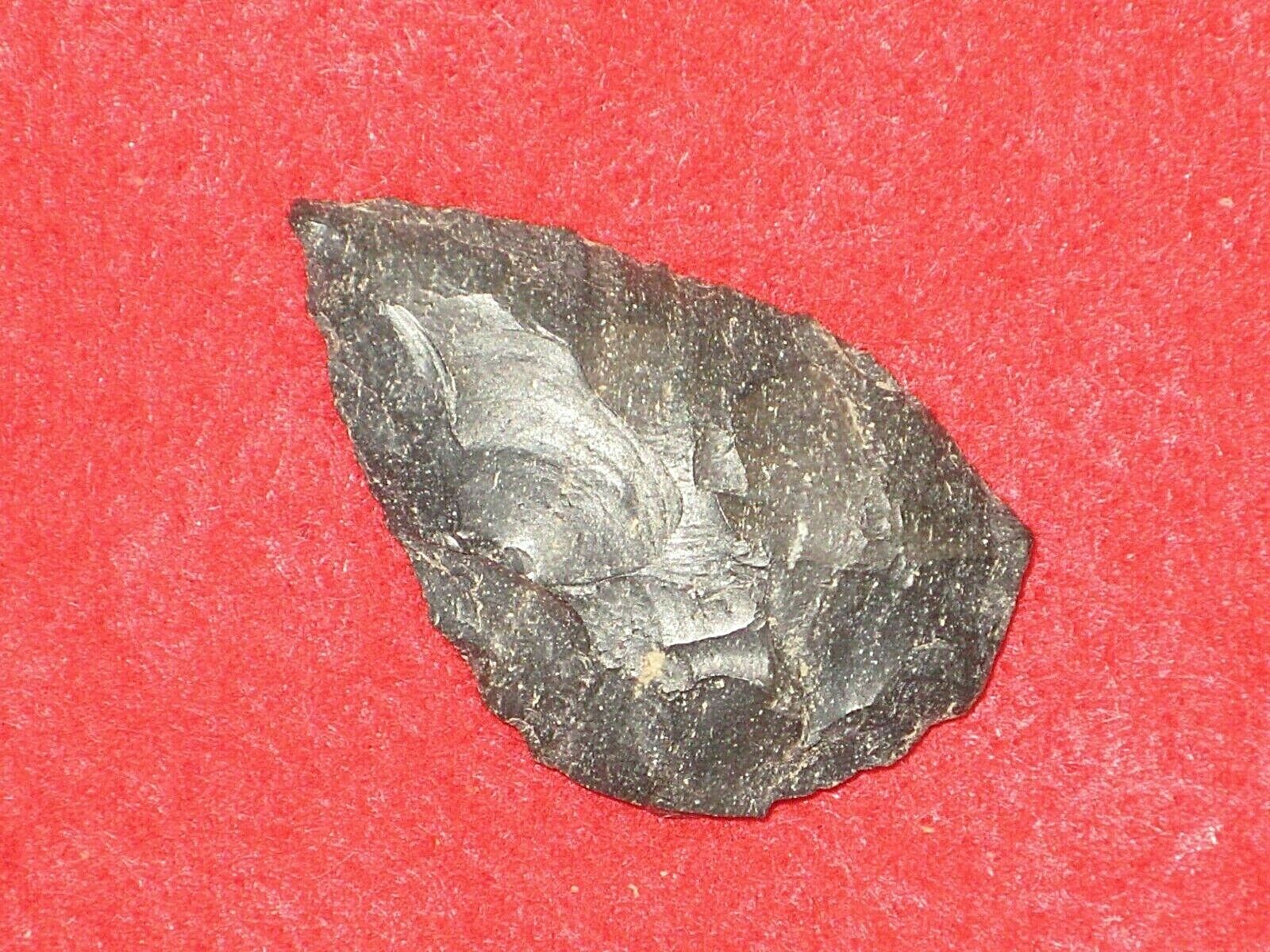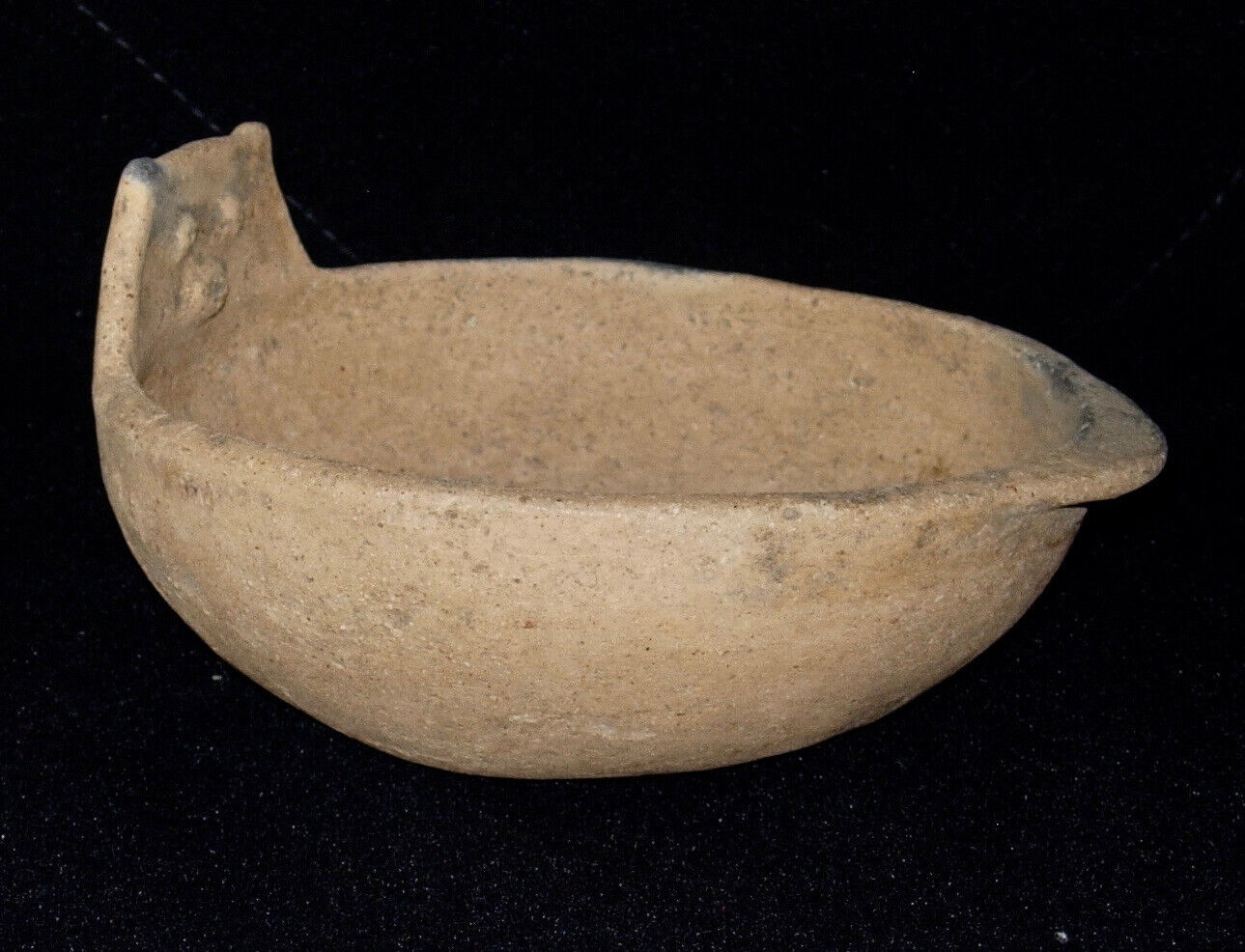-40%
X-RARE Native American Chumash Shaman’s Transformation Statue/Totem from Calif.
$ 25608
- Description
- Size Guide
Description
Houghton USAAncient Art, Antiques, & Fine
Collectibles
Native American Shaman’s Transformation Statue/Totem
Est. 250+ Incised Chumash Shaman Petroglyphs
Found
near Montecito, California
c. Pre-Contact 1500 AD
eBay Note:
I certify that this antique, Shaman's Transformation Statue was reportedly found on private land near Montecito, California, with the landowner’s permission on private land, in the early 1900s.
Collection of any artifacts found on federal/state land or from caves, graves, or mounds is now strictly prohibited by federal law, the
Native American Graves Protection and Repatriation Act of 1990 .
This ancient Native American artifact is legal to buy/sell/own under the U.S. Statute covering cultural patrimony Code 2600, CHAPTER 14, and it is guaranteed to be as described.
SUMMARY:
Item:
Native American ChumasShaman Totem/Statue
Material:
Granite hard stone
Tribe:
Chumash
Est. Date: 500—1500 AD
Find Location:
Montecito, California
Find Date:
c. 1900
Approximate Measurements:
·
Height: 8.63” (219mm)
·
Width:
2.00” (51mm)
·
Thickness: 1.72” (44mm)
·
Weight:
2.00 lb.
(910gr)
Condition:
As found.
Excellent, museum quality with no repairs or restorations.
Provenance/History: This Shaman's Transformation Statue/Totem was reportedly found on private land near Montecito, California, with the landowner’s permission in the early 1900s.
It had been passed down in a private, family collections in Montecito, California, until it was purchased by a well-known author in the 1980s.
It has been in my personal collection in the State of Washington for several years.
DETAILS
This unique Native American artifact appears to represent the transformed image of a Chumash shaman and records his visions as he astro-traveled from his earthly body to the spiritual world.
Such carved and inscribed/painted rock totems were believed necessary in order for the transformed shaman to find his way back to his earthly body and not be trapped in the Spirit World—and therefore die.
Without an object to serve as a “center” or “docking area” on Earth, a Shaman would be helpless against the evil forces and spirits that lurked in the Spirit World.
Chumash
shamans are known as “
alchuklash
,” a term that includes not only shamanic practice, but also defines the shaman’s activities as an astrologer priest and medicine man.
This
incredibly RARE
shaman totem contains an estimated 250+ petroglyphs that have been incised and or painted in black pigments onto all side of the totem, except for a small, middle area on the back of the head and neck.
(See photos # 10-11.}
The pictographs are all
very
small, ranging from less than 6mm tall to perhaps 16mm tall.
There appear to be images of animals, birds, celestial bodies, shaman, and hundreds of undecipherable characters.
It appears to document the spiritual travels of one Shaman’s astral-travels as he transformed into a spiritual being to seek guidance from the celestial spirits.
Based upon the images found in a Chumash Painted Cave near Santa Barbara, California, these images represent a personal, written record of a Shaman’s transformations into the Spirit World.
Painted Cave is one of the most impressive examples of Chumash cave art and was often used for many years as a site of sacred significance.
The painted figures in red and black pigments represent numerous elements from Chumash mythology, particularly the celestial powers.
The Painted Cave has several images of shaman in various stages of transformation and their visions, including those of birds (sacred condors and eagles), animals, and celestial bodies.
Several of these images match those found on this stone totem.
{For example, see photo # 5 for an image that matches one of the winged creatures found in the Chumash Painted Cave in Santa Barbara, CA.}
Chumash Culture & Shamans
The Chumash People homeland lies along the coast of California, between Malibu and Paso Robles, as well as on the Northern Channel Islands. Before the Mission Period, the Chumash lived in 150 independent towns and villages with a total population of at least 25,000 people.
Native Americans believed that it was their responsibility to maintain harmony in the natural world on which they depended by performing a variety of rituals.
Shamans were credited with exceptional powers to act on behalf of their tribal community.
They claimed to be capable of separating their spirits from their Earthly bodies by transformation and interceding with those astral spirits that controlled the many forces of nature.
The Chumash had several kinds of doctors, or shamans. They believed that disease resulted from problems with a person's spiritual state, so they concentrated on healing the spirit. Songs and prayers, dietary restrictions, and special medicines were some of the treatments these doctors used.
There were many kinds of medicine. Besides bark, roots, and flowers of various kinds of plants, minerals were sometimes ground up, mixed with animal fat and painted on the sick person. Sea water was drunk as a purgative to clean the digestive system and certain kinds of treatment required swallowing live red ants.
Nearly a hundred kinds of plants were used medicinally by the Chumash - willow bark for sore throats, elder flowers for colds, even poison oak to heal wounds!
One of the most powerful plants was called
chuchupate
. It was a root in the Carrot Family that grew high in the mountains. It was chewed to give a person strength and to ward off disease.
The Chumash shaman, who lived for perhaps 20,000 years in what is now southern California, were predominantly male and often used hallucinogens to enable their transformations into astral beings that were capable of:
healing the sick and injured, as well as predicting the future and influencing it.
Chumash
shamans are known as “
alchuklash
,” a term that includes not only shamanic practice, but also defines the shaman’s activities as an astrologer priest.
From reading the petroglyph inscriptions in shamanic rock art, it is obvious that the Chumash had a clearer concept of the heavens and heavenly bodies than did the Spanish of the late 1700s when Missions were being established.
Modern scholarship of their petroglyphs suggests that everything in the Chumash world, and presumably that of southern California as a whole. Was governed by the movements of the stars and planets.
Unlike the ordinary world of the Chumash, which was orderly and organized, that of the celestial bodies was thought to be unpredictable and dangerous.
The principal deity was “
Kakunupmawa
” the Sun, who was conceived as a very old yet ruthless man, who each day travelled across the sky carrying a torch that gave light and warmth to the people below.
Painted Cave, near Santa Barbara, CA, is one of the few and perhaps the most impressive examples of Chumash cave art to have survived to this day.
Research suggests that it was often used for many years as a site of great, sacred significance.
The painted figures in red and black pigments represent numerous elements from Chumash mythology, particularly the celestial powers.
Whereas other shaman in northern and central California utilized their nightly dreams to understand and influence the world around them, the Chumash shaman ingested
Datura
, a powerful intoxicant and hallucinogen to induce their transformations, dreams, and visions.
Datura
is a member of the nightshade family, and when ingested initially causes nausea and feeling of sickness, but then produces brilliantly colored, ecstatic dreams and visions.
Chumash shaman administered a puberty ritual for all boys and some girls called the
Toloache
(Datura or Jimson-weed) Cult.
Shaman administered the drug, stayed with the initiate throughout the trance, interpreted the dream upon his awakening, and then became his mentor for at least a year.
Each initiate usually experienced a sense of rebirth, or a new beginning, and was transported from mountain-top to mountain-top by the animal spirits, who teach him or her the correct life path.
Anyone who followed that path set forth by the shaman was insured a good life; but to ignore this advice would result in the shaman and spirits withdrawing their support and power, and will result in a life filled with loss and danger.
RESOURCES
·
Shamanism in North America
, Norman Bancroft Hunt, PhD.
·
Santa Barbara Museum of Natural History, CA
·
Nation Museum of the American Indian, WDC
·
Field Museum of Natural History, Chicago, IL
·
Chumash Painted Cave in Santa Barbara, CA
Please examine the attached photos carefully as they are part of the description and bid accordingly.
Note:
Each object I sell is professionally researched and compared with similar objects in the collections of the finest museums in the world.
I have been dealing in fine antiquities for almost 50 years and although certainly not an expert in every field, I have been honored to appraise, buy, collect, and enjoy and recently sell some of the finest ancient art in the world.
When in doubt, I have worked with dozens of subject matter experts to determine the condition and authenticity of numerous antiquities and antiques.
This documentation helps to insure you are buying quality items and helps to protect your investment.
I offer a full
Money-Back Guarantee
if a recognized authority in antiquities disputes the authenticity of these fine artifacts.
The Buy-it-Now price is at least 75
% off
what it would be priced at in a fine Gallery or at even at auction!!
Please ask any questions you may have
before
you bid!
All sales are Final, unless I have seriously misrepresented this item!
Member of the Authentic Artifact Collectors Association (AACA) & the Archaeological Institute of America (AIA)
Per e-Bay's rules,
PayPal
only please!
FREE USA SHIPPING includes insurance and is accurate for all 50 States!












